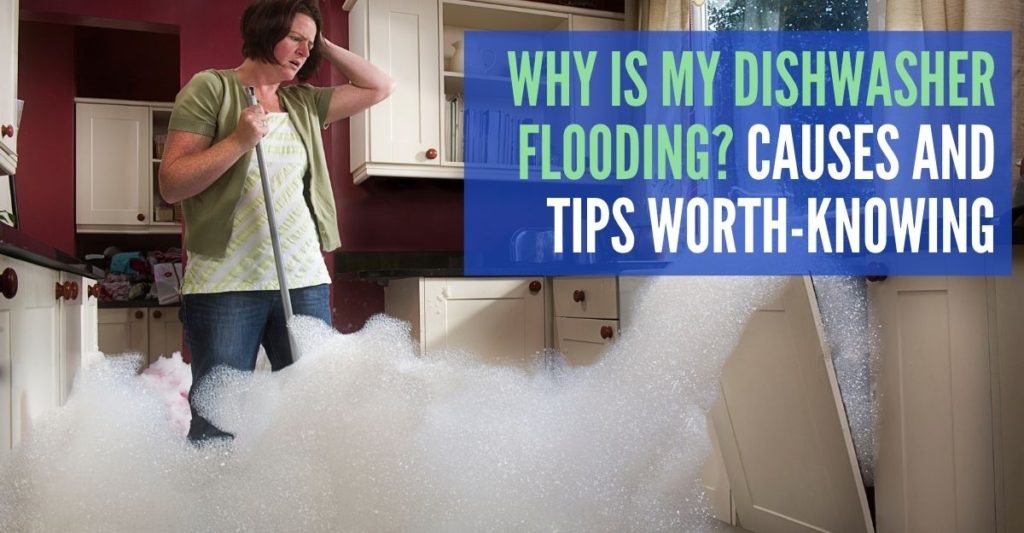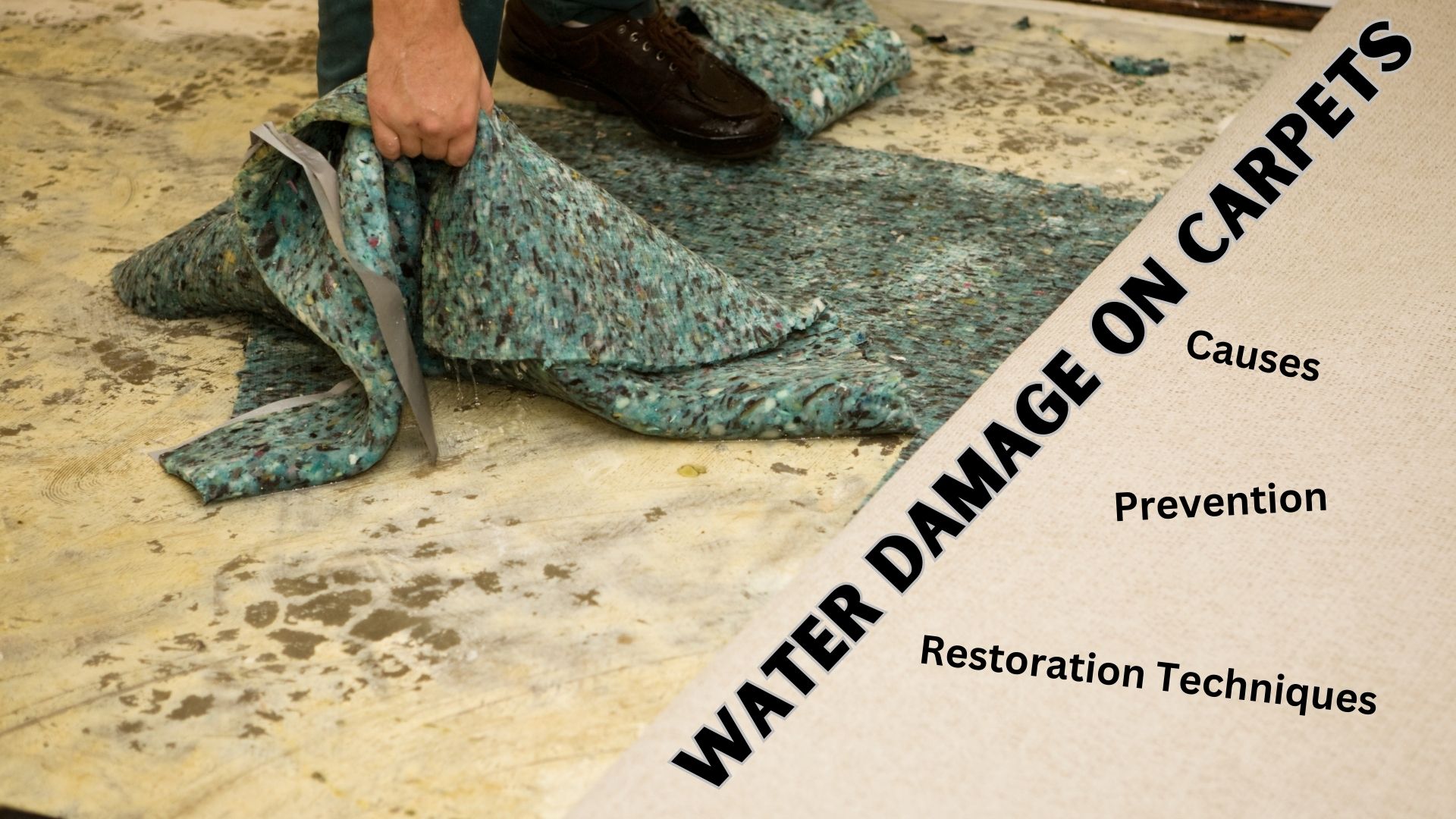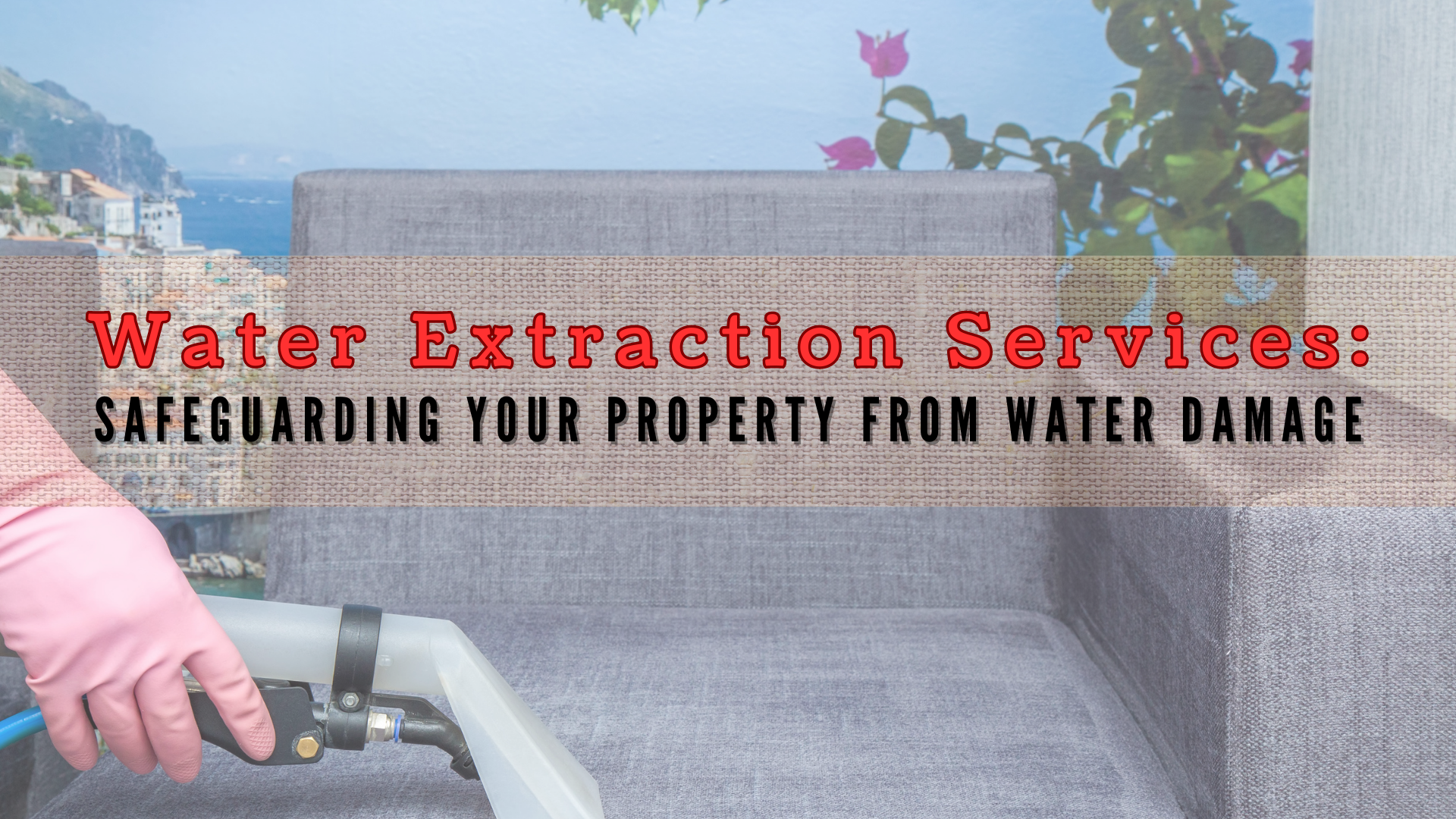
Just like washing machines, dishwashers make a person’s life easier. However, when you discover standing water at the bottom of the dishwasher, it becomes a burden. And if not taken care of immediately, it may lead to water damage. Dishwasher flooding is one of the most common reasons for home insurance claims.
The good thing is you need not call a repair technician right away once you experience dishwasher leaks. Since there are DIY solutions that you can do for the most common culprits of this issue. And to prevent further damage, consider consulting a water damage restoration professional.
Why is my dishwasher flooding? Keep reading to discover the common causes and how to prevent your dishwasher from leaks and flooding.
Why is my dishwasher flooding? Check out the common causes.
Unluckily, there are various reasons why your dishwasher leaks, floods, or overflows. People think small leaks through the door are not that dangerous but a dishwasher leak from the bottom can do more. It can flood your kitchen or spread to other rooms in your home. Learn the following causes and prevention to save you from serious damage.
- Worn-out Seals and a Faulty Dishwasher Door Gasket
Older units of dishwashers may develop leaks due to dents, corrosion, worn-out gaskets, and seals. Over time, the latch and hinges tend to loosen which also contributes to not forming a good seal of the door.
- Loose Connections, Hoses, and Valves
Hoses and connections inside the dishwasher can work loose over time. This can cause dishwasher leaks or even flood your kitchen. Make sure that you check the hoses of your dishwasher drain to see if everything is securely connected. Include the clamps that hold the hose in place on both sides.
Also, check your water inlet valve. If the valve malfunctions, it can fill the dishwasher with water especially when not in use. As a result, overflowing and flooding onto the floor will occur. Cracked hoses or any fault found with the valve, need to be replaced.
- Dishwasher Detergent Issues
Certain dishwasher soap is specially formulated and intended only for dishwashers. Avoid using regular dish soaps since they make thick foam and lead to excessive suds. Even if rinsing is done before running the dishwasher, the solution can still create bubbles and put pressure on the door seal. This will eventually cause leaks and dishwasher overflow.
- Clogged Drain Issue
If your dishwasher is flooding, it could be due to clogged drain lines. When these lines become obstructed, water can’t flow out of the dishwasher and instead spills onto the floor.
One example is when the bottom of your dishwasher becomes clogged with food debris. These particles can block the area where the water cannot drain properly out of the dishwasher. This will lead to floods and overflow.
- Float Valve/Assembly Issues
Another possible cause of dishwasher flooding is a malfunctioning float switch, which is designed to shut off the water supply when the machine reaches a certain level. If the float switch fails, the dishwasher may continue to fill with water, eventually causing it to overflow.
The float assembly is found inside the dishwasher tub located on the bottom. The float assembly moves upward when water enters your dishwasher and then sends signals to the dishwasher valve to shut the water off. The float wears out over time and if it is stuck in the UP position, the dishwasher may overfill. This may lead to kitchen flooding.
Dishwasher Flooding: What to Do & How to Prevent It
When your unit’s leak is severe and it floods, you usually panic. Just calm down. Turn off the power to the dishwasher or shut off the circuit breaker before cleaning up. Then, mop or soak up the water with towels or you can also use a handy siphon pump.
Check your dishwasher’s drain and the drain grate or mesh that covers the drain area as well. Sometimes you can find food particles caught in the grate. Remove and clean them thoroughly with warm water and soap.
Once cleaned, check if it drains properly. If not, the hose running from the unit to the kitchen sink may need a repair or replacement. If ever your dishwasher leaks again in the future, call a plumber to examine the unit carefully.
Another important thing to check is the garbage disposal and kitchen sink for clogs, especially if the pump is clear. Since dishwashers typically drain into these areas, a clog or blockage will prevent the unit from emptying fully. This will lead to backflow, instead.
Prevention Tips for Dishwasher Flooding
After doing DIY solutions for fixing your dishwasher issues, you can now check the following tips to prevent dishwasher flooding.
- Load your dishwasher properly so as not to block the sprayers.
- Use the appropriate kind and amount of soap for your dishwasher.
- Always clear out the dishwasher’s bottom after use to prevent blockages. Check for broken glasses or plates since they can also block the bottom of the dishwasher.
- Clean the dishwasher often. Keep the filter clean as well as the seal, gasket, and sprayer nozzles at least every three months.
- Check both the float assembly and the switch where it is connected. They may get stuck or fail which can lead to dishwasher leaks.
- Check the drain hose and the supply line every six months.
- Only run your dishwasher if you’re at home so you can monitor its performance.
- Keep an eye on your dishwasher’s water level.
- Run water at the sink before beginning the wash cycle to optimize the cleaning performance.
Seek Help From Your Trusted Water Damage Restoration Company
Dishwasher flooding is one of the common problems of most homeowners. Ignoring even small leaks can lead to a disastrous situation. Prevent it from happening by following the tips mentioned above and calling a professional.
Superior Restoration is proud to serve as one of the leading companies for water, mold, fire, and smoke damage restoration services. We are ready to serve our residential and commercial clients 24/7. Please don’t hesitate to contact Water Damage Murrieta.




